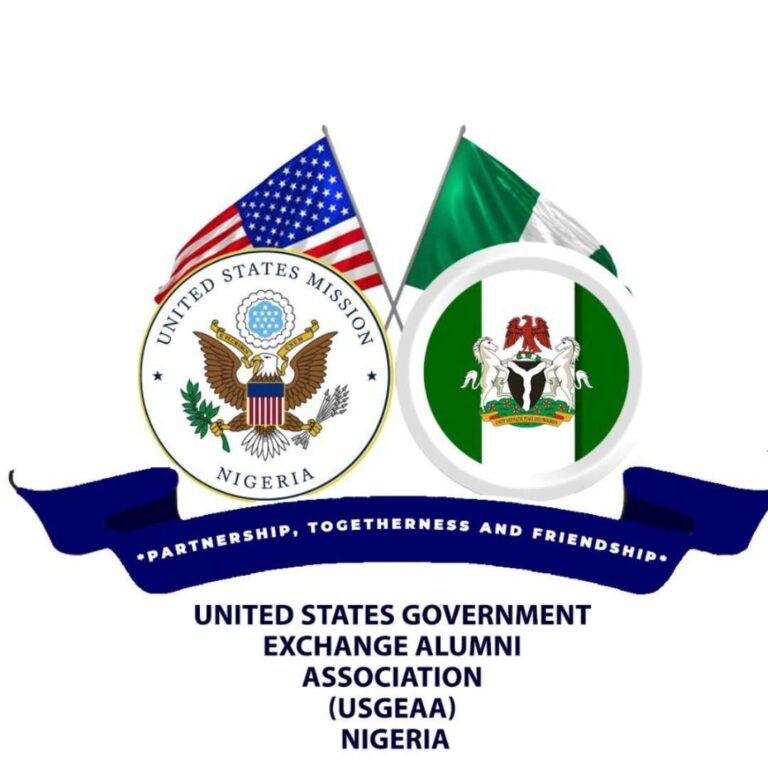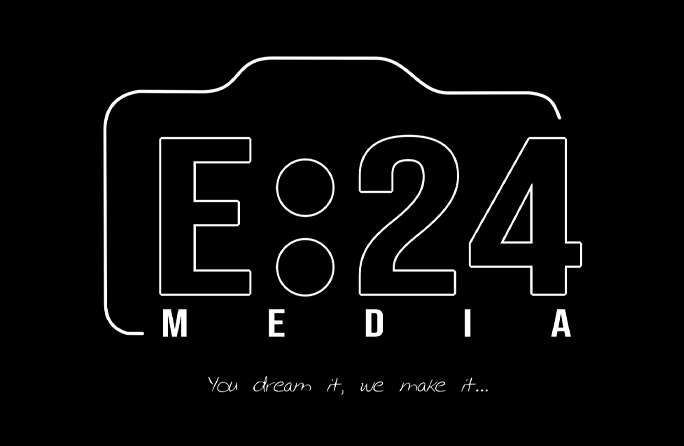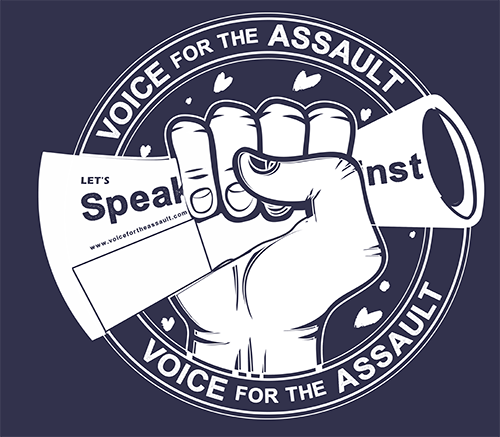The R1 Project
About the Project
The R1 Project
R1 represents the first R in the more commonly known 3Rs for Sustainable Waste Management (REDUCE, Reuse, Recycle) following the Sea Island Summit where G8 countries agreed to establish the 3R Initiative in 2005.
Reducing waste is the most effective method for waste management in that it not only serves as ‘prophylactic’ for Earth’s sustainability, in a manner of speaking – through raising awareness, repurposing or reusing et cetera – but also can be administered ‘curatively’ after the excess wastes have been produced – through thermal treatment methods.
R1-CashFromTrash
Waste management has remained a major problem in most parts of Nigeria, with the country said to generate more than 30 million tons of solid waste every year, out of which only about 30% is collected (TheCable.ng, 2020). The R1 CashFromTrash (hereafter, R1 CfT) Project is an initiative that will look to enable communities play their part in significantly reducing that volume that poses a huge threat to environmental sustainability by making it financially beneficial for members of the most marginalised communities to practice proper waste disposal and engage solid waste reduction through proper disposals for final recycling purposes while earning cash in return, thereby contributing their necessary quota to the Circular Economy and empowering themselves financially through an extra income stream.
The R1 CfT project will involve the provision of 3 custom-made 10yard industrial trash dumpsters (4′ x 6′ x 10′) — each expertly fabricated by local welders and craftsmen and separately colour coded with the following indications; “Glass”, “Plastic”, and “Paper | Cans | Metals” — will be provided for each target IDP Community.
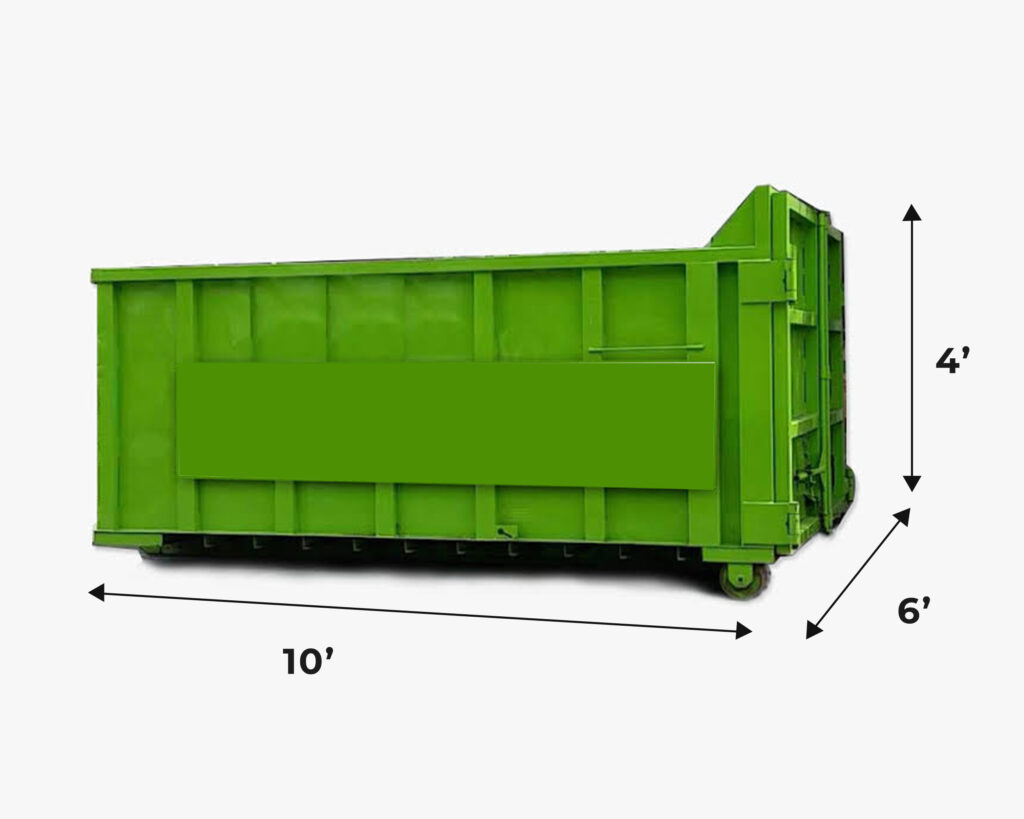
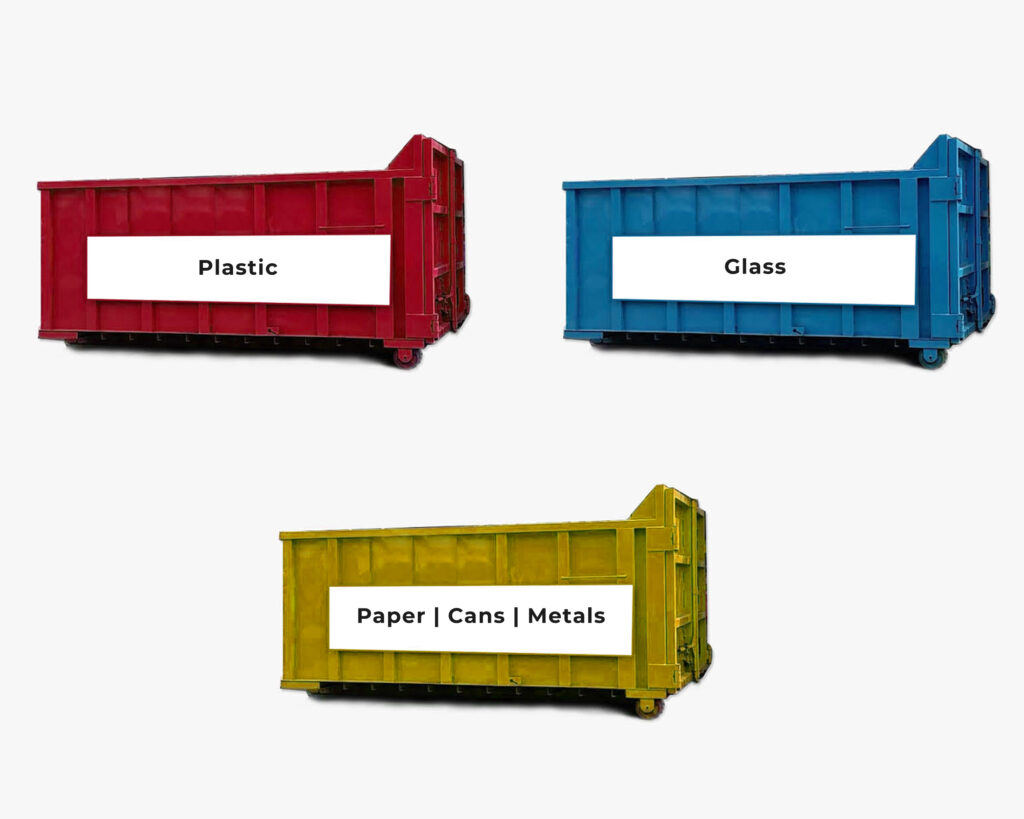
These dumpsters will be situated at strategic locations within the communities and will be used to collect significant amounts of non-biodegradable wastes which periodically will be re-sorted, bagged and transported to partner Recycling organisations in exchange for cash, 70% of which will be remitted back to the communities through their camp leaders who will be monitored to ensure that the funds are distributed fairly. A central weighing balance will be provided to camp leaders who may assign someone to be in charge of ascertaining that persons who bring trash to dispose of in the dumpsters are actually dumping the right wastes into the right dumpsters as well as weighing trash brought by each individual prior to disposal. This is done to ensure equitable remittance to each household that have contributed to the final volume of waste collected periodically. Trash bags (20-in-1 rolls) will also be distributed around households within the IDP Communities to ensure proper pre-bagging at point of waste general before disposal to the dumpsters.
Environmental Sustainability Sensitization lectures will be held for key members of the communities (such as camp leaders and heads of households) to educate them on solid waste management and the details of the project and its sustainable implementation through their active daily participation. This sensitization will flag off the donation of the dumpsters and other materials for proper waste management.
This aspect of the Iam3rd Initiative R1 project (R1 CfT) will be focused on the collection of recyclables such as PET plastics, aluminum cans, papers & old newspapers, cardboard, and cartons, tires, and glass bottles. These will be collected and transported to our partners (Chanja Datti and WASTE Africa in collaboration with the Abuja FCTA state government agency) who pay a predetermined amount of cash for the volume of trash collected and transfer the solid wastes as raw materials in flakes/baled form to manufacturers for complete recycling into other finished products. This means that, collected recyclables are further processed at partner plants into Pellets and Flakes and thereafter supplied to manufacturers and other recyclers who use the items as raw materials for the production in their manufacturing process.
We will then remit 70% of each amount received for the waste generated per household/group of households or community as a whole back to the heads of households or camp leaders for further disbursements with close monitoring. The 30% withheld will be used to cover transportation and other operational costs.
The R1 CashFromTrash program will be run with its core aim at contributing assiduously towards the implementation of the Sustainable Development Goals (SDGs) specifically geared at tackling climate change, ending extreme poverty, promoting clean water and sanitation, responsible consumption & production and fighting inequality. It is imperative however to continue this program for the longest possible time once flagged-off, as putting an expiration date to a project of this level of criticality will only undo several positive impacts and quickly revert the community to the prevalent indiscriminate culture of waste disposal.
The R1 CashFromTrash Project is part of measures to control indiscriminate waste disposal in certain target communities which lead to a myriad of environmental issues such as blockage of drainages, erosions and general environmental pollution, amongst others, starting with the most marginalised rural areas such as IDP Camps where this project will be centered. It is an ingenious way of giving disadvantaged people livelihoods through waste management.
R1-Inciner8
The primary emphasis on waste reduction is considered the most impactful approach to waste management. It functions preventively, contributing to Earth’s sustainability through activities like awareness-raising and repurposing. Additionally, it can be applied correctively, particularly when excess waste has already been generated, through methods such as thermal treatment. Our means for accomplishing this first and most crucial aspect of the 3R global waste management initiative is by the introduction of Mobile Containerized and mini/portable drum incinerators (such as the Incinera8 Sirocco portable incineration System) built specifically for solid waste management in areas like refugee camps and local communities for the mitigation of indiscriminate solid waste disposals through thermal treatment in collaboration with an award-winning international manufacturer, and other local innovators while creating awareness with regards to mindfulness in waste disposal; as we will also look to provide locally fabricated metal and non-metal waste bins at strategic areas of the community (village, refugee Camp et cetera) for general and food wastes, plastics and other recyclables, and green wastes respectively. The ash produced from the incinerated improvement of soil quality and crop yield due municipal or locally generated solid wastes (especially food, wood, paper wastes) can then be properly collected, packed and made available to farmers in the local community for the agriculture to the nutrients it contains. The lime content in the ash releases certain beneficial nutrients for agricultural crops: boron, sulfur, and molybdenum in the soil where it is added. This effort will not only cut volume of indiscriminate waste disposal by some 80-90% with use of the proposed efficient thermal treatment technology, but will also provide useful byproducts for members of the community engaged in subsistence farming.
TARGET AREA
Refugee Camps and Rural Communities within Nigeria, and subsequently in East and West Africa.
CAUSE AREA
Sector
Waste Reduction
Disaster Management
Education
Health
Energy & Environment
Sub Sector
Civic Issues
Health & Family Welfare
Poverty
Informal Education
Waste to Value
ISSUE
Rural surplus and discards form a major chunk of waste that goes unused while rural populations struggle with scarcity and issues.
ACTION
Under R1-Inciner8, our approach to the efficient reduction of locally generated solid wastes are two-fold:
➠ Use of the Containerized Mobile Incinerators:
This involves the use of Mobile Incinerators that have been containerized for the purpose of extending the life of the machin e by protecting it from extremities of weather and providing security and safety during operation. Its mobility basically helps in the transp ortation or quick relocation of the Incinerators to where they are needed the most.

Containerization is the most feasible and viable option in contrast to the construction of on-site facilities and housing structures, eliminating additional manpower and costs involved. Containerization enables immediate waste reduction and management as the units are fully assembled and pre-installed. The system has the added benefit of total mobility (both local and international) and they are ideal for military and civil camps as well as remote locations where infrastructure is scarce. They are also Ideal for use as emergency incinera tors in disaster zones, humanitarian crisis.
These containerized systems from the international innovators we are looking to partner with arrive on site with fully instal led fuel supply, electrical generators and control panels, with extra bespoke options available such as; lighting, extra ventilation, side loading, electrical opening lids and gas scrubbing systems the purpose of which is for the extraction of – and to eliminate harmful particulates and liquid hydrocarbons from – the useful natural gas that could be further applied to power generation et cetera.
– Temporary camps
– Disaster areas
– Leisure campsites
– Disposal of drugs/narcotics
– Organic waste disposal
– General waste management
DEMOGRAPHICS SERVED
Youth
Women
Children
Men
How You Can Get Involved In This Project
Donate
Every contribution, no matter the size, plays a crucial role in supporting our initiatives and bringing about a brighter future for those in need.
Partner
By partnering with us, you become an integral part of a community dedicated to making a positive impact. Together, we can achieve more.
Volunteer
By choosing to volunteer with us, you become a crucial force in shaping a better world. Join us in making impact and building a network of changemakers.
Our Partners
